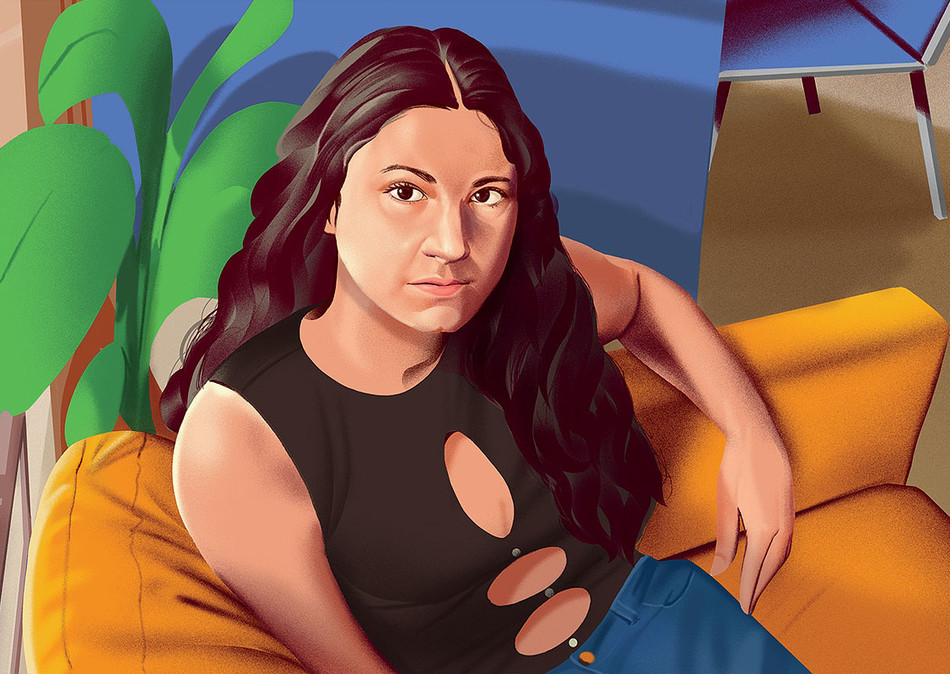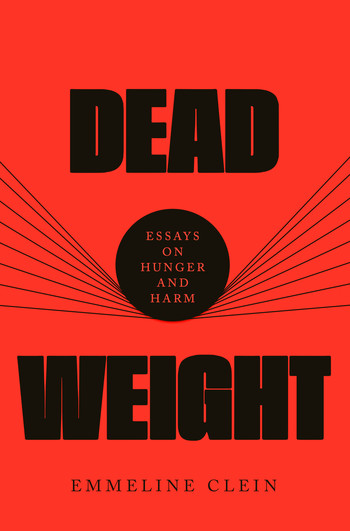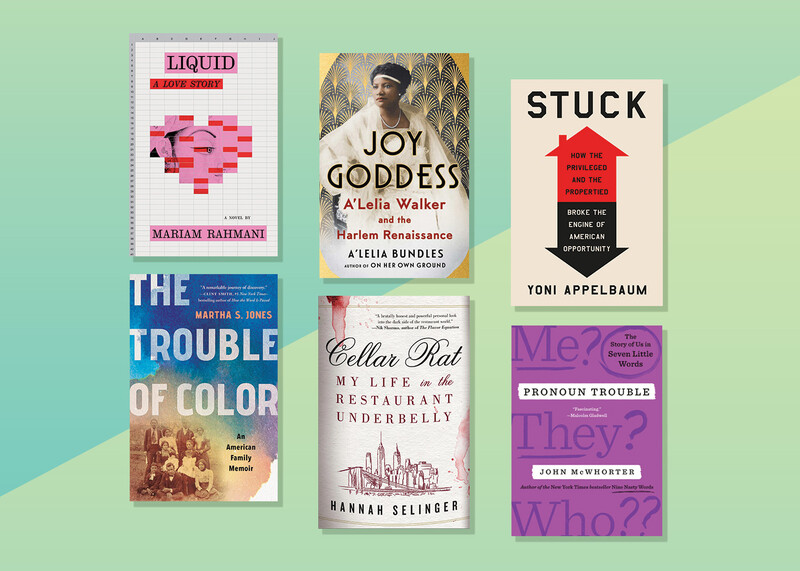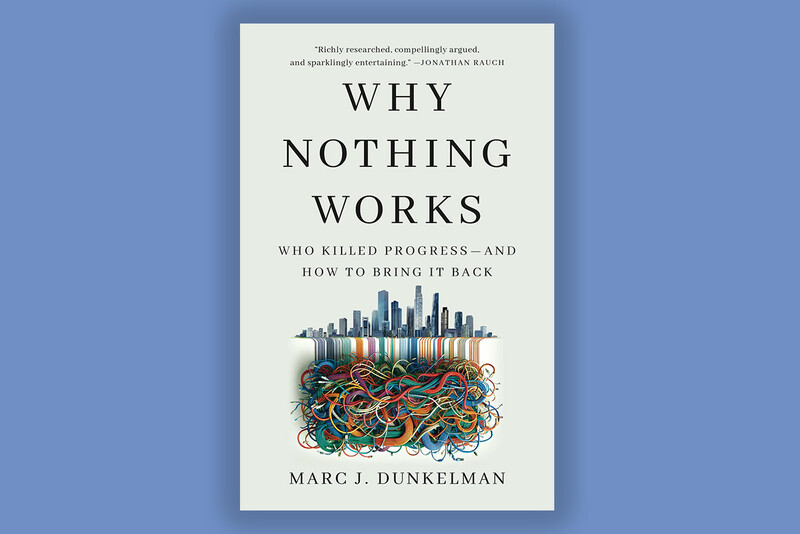In Dead Weight, Emmeline Clein ’16CC, ’22SOA draws on her own story, as well as interviews, academic studies, history, and pop culture.
What was the genesis of this book?
When I was in the writing MFA program at Columbia, I started working on what I thought was going to be a book about female hysteria. And I realized that whether I was looking at Victorian medical literature or contemporary pop culture, a lot of feminized mental-health symptoms centered around eating disorders. I started looking for a book that would contextualize eating disorders, to help me understand them as political and social and cultural and economic phenomena, the same way things like addiction and depression are often treated in nonfiction books. I really wasn’t finding that book.
You write that, by 2012, nearly three-quarters of women reported struggling with symptoms of eating disorders. Do you think the pervasiveness ironically makes people take this subject less seriously?
I think that there’s a lot of truth to that. When I tell women about my work, I often hear, in a joking tone, “Oh, right, what girl hasn’t had an eating disorder?” But eating disorders are actually the second-most-fatal mental illness, after opioid addiction. And even if eating disorders don’t reach the clinical level, they are still harmful. For example, studies have found that yo-yo dieting does more cardiovascular damage than steadily remaining at a higher weight. Shouldn’t we be asking a lot more questions about why so many women have had this type of relationship with food, something that should be sacred and basic and nourishing?
And why do you think it is so pervasive?
We as a society are devoted to the idea that a very thin body is possible for the majority of people. It’s foisted upon us everywhere from pop culture to the multibillion-dollar diet industry. But weight is mostly determined by genetics. There is naturally a wide range of body types. So you have a lot of women resorting to self-harm to try to attain a size their body isn’t meant to be.
Can you talk about how social media and the Internet affect eating disorders? How have things changed since you were a teenager in the aughts?
I think it’s very important to make a distinction between the two time periods. There was a lot of panic about the pro-anorexia online community in the aughts, but for the most part, it was a very insular community. Those forums were not being accessed by people who didn’t already have an eating disorder. Now we have very powerful algorithms. Diet content is being dished out on TikTok to people who are not seeking it. There was a study done recently where bots were coded as thirteen-year-old girls to see what kind of content was being pushed to the tops of their feeds, and the results were eye-opening.
How do you think Ozempic will affect eating disorders?
I have a lot of concerns about Ozempic. In many ways, it replicates the conditions of an eating disorder. It masks hunger, which allows you to eat at the level of restriction that occurs with anorexia. And it can make you throw up if you eat too much, because the food doesn’t move through your intestines fast enough. And of course, we’re seeing all these celebrities emerge having lost weight very quickly, so there are a lot of people saying, Why not me too? We’ve been blaming people for the size of their bodies for so long, and now we’re saying that it’s not their fault. But still we’re incapable of accepting and celebrating those larger bodies, and instead we’ve found a quick-fix solution, even if it comes with likely negative health effects.
Your book lays out some of the ways that both insurance companies and for-profit clinics make it difficult to treat eating disorders. Given that, how do you recommend that people who have eating disorders get better?
There are a lot of amazing support groups, and I do think it’s beneficial to share and to listen to other people’s stories. But for me, the only path to recovery was a combination of educating myself on the kinds of systems that were profiting off me having this disease and realizing that these structures are the apotheosis of decades of racist and misogynist messaging. It’s a powerful machine that’s been running for a long time, but when any of us start trying to be the screw that doesn’t work, we can break it pretty fast.
This article appears in the Spring/Summer 2024 print edition of Columbia Magazine with the title "Body Politics."




